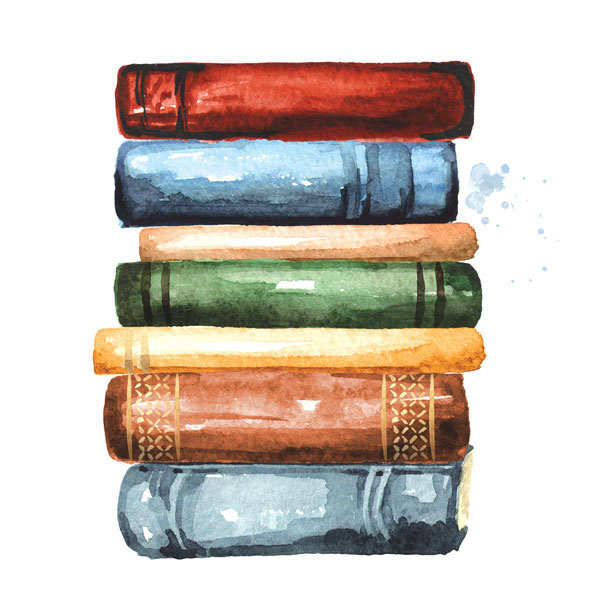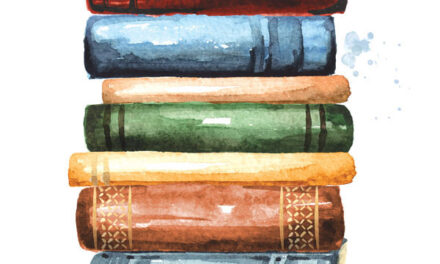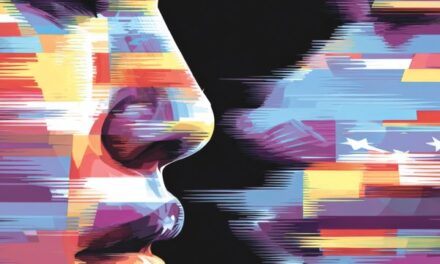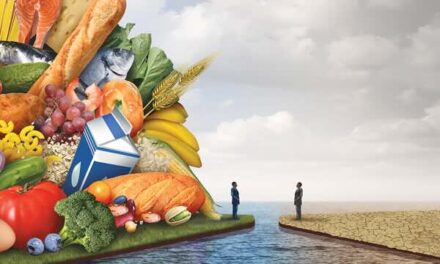My dad warned me about letting people know what books I read.
“Be careful who you allow in your library,” he said. “Parishioners may judge you by your book titles.”
Dad was my pastor. I followed his advice and footsteps, mostly, until I began writing a column.
For the past 15 years, I’ve told readers about my favorite books. I don’t read many religious books, which means some people may judge me. That’s OK. Here are my titles from 2025:
Let’s start with John Green, a former pediatric chaplain and author of the 2012 young adult fiction bestseller, “The Fault in our Stars.” This year, he produced an excellent nonfiction work, “Everything Is Tuberculosis.”

Green explores the global crisis of tuberculosis, a preventable and curable disease that still claims millions of lives. The book shows how tuberculosis thrives thanks to systemic inequities, neglect and prioritization of certain lives over others.
The book begins with Green’s visit to a hospital in Sierra Leone and tells the story of Henry Reider. The narrative intertwines public health, global equity and human resilience. Green urges readers to confront moral and structural failures that allow tuberculosis to persist.
As a chaplain, I’ve always been fascinated by how some people survive tragedies and others randomly die. That’s why I read Amanda Ripley’s 2009 book, “The Unthinkable: Who Survives When Disaster Strikes—and Why.”
Ripley traces the human response to epic disasters. She interviews brain scientists, trauma psychologists and other experts to understand how victims overcome the effects of extreme fear.
She undergoes simulations to see what it might be like to survive a plane crash or escape a fire. Her insights might help people get through the worst situations.
If you enjoy sleuth stories, check out “The Mysterious Case of Rudolf Diesel: Genius, Power, and Deception on the Eve of World War I,” a 2023 nonfiction work by Douglas Brunt.
Diesel invented the internal combustion engine. But one night in 1913, onboard a steamship sailing between Belgium and England, he disappeared. Was it murder, accident or suicide?
With this Sherlock Holmes-style narrative, Brunt reveals a tale of political intrigue.
Our sleuthing continues with “The Art Thief,” a 2023 book where Michael Finkel examines the world’s most prolific art thief, Stéphane Breitwieser.
Taking more than 300 artworks from European museums, Breitwieser insists he was driven by an obsessive love for beauty, not greed. The book describes his heists, motivations and capture. Finkel also explores the psychological and emotional dimensions of the crimes, with a fascinating look at passion, compulsion and criminality in the art world.
Finally, I loved “Ten Birds That Changed the World,” published in 2023 by the naturalist Stephen Moss.
Moss explores the impact of 10 bird species on human history, culture and society. Chapters weave ornithology with historical narratives and show how birds shaped human thought and progress.
Moss describes how the Great Chinese Famine was caused by the mass killing of sparrows. Another chapter traces the beginning of the Audubon Society from the destruction of waterfowl for feathers.
From tuberculosis to birds, that’s how my library looked in 2025. Here’s to another year of turning pages for knowledge, wisdom and delight.
Norris Burkes can be reached at comment@thechaplain.net. Follow us on Facebook and Instagram: @insidesacramento. Burkes is available for public speaking at civic organizations, places of worship, veterans groups and more. For details and fees, visit thechaplain.net.
















